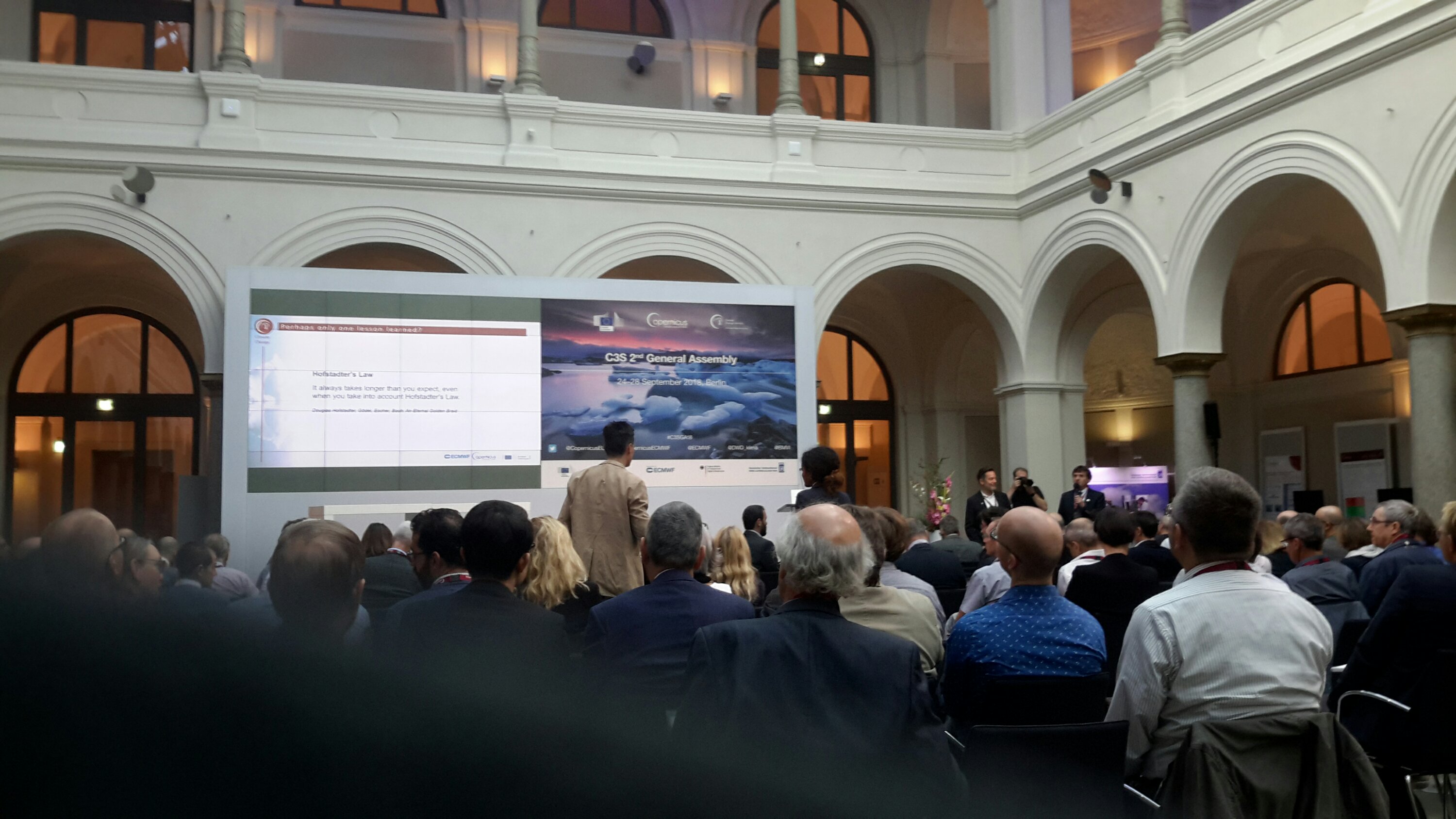A couple of weeks ago the EU announced that they were funding a project called DestinE (Destination Earth) to build ‘digital twins’ of the Earth System to support policy making and rapid reaction to weather and climate events.
While the term ‘digitial twin’ has a long history in the engineering world, it’s only recently been applied to Earth System Modeling, and is intended (I surmise, as does Bryan Lawrence) to denote something more than the modeling of either weather or climate that we’ve been doing for years. But what exactly? And is it an achievable goal or just a rebranding effort of things that are happening anyway?
[Read more…] about Digital Twinge